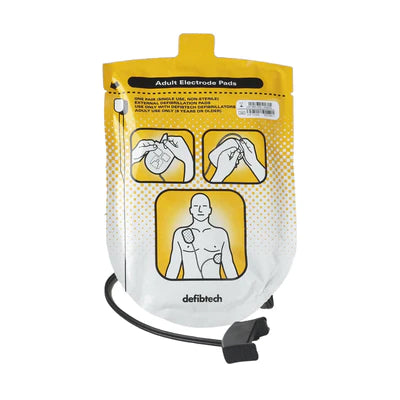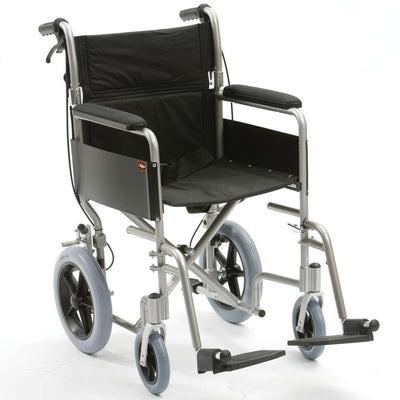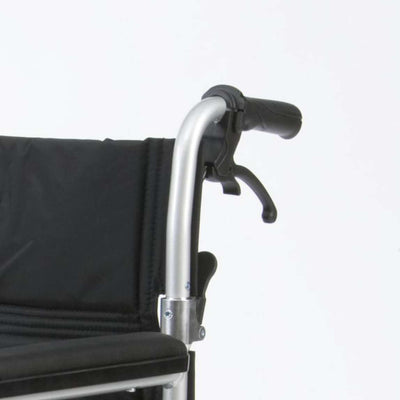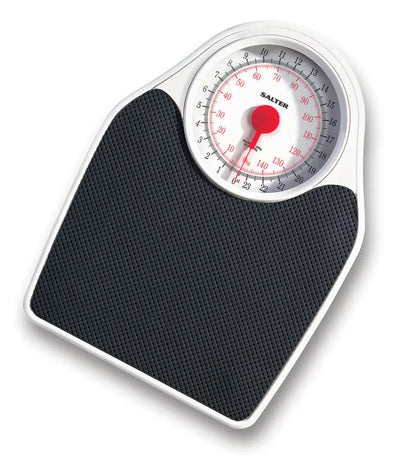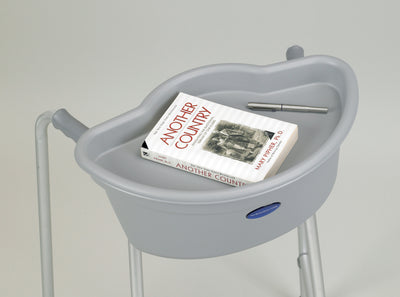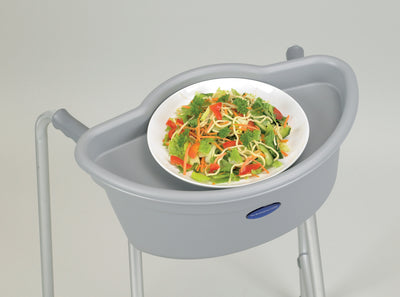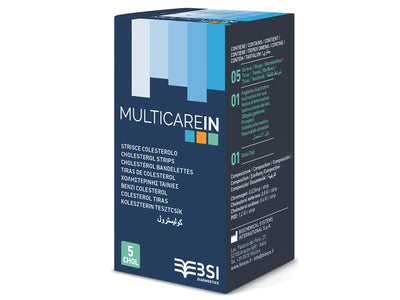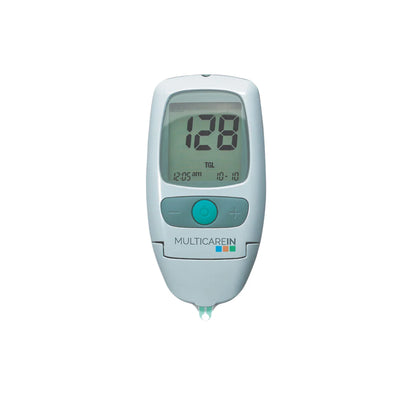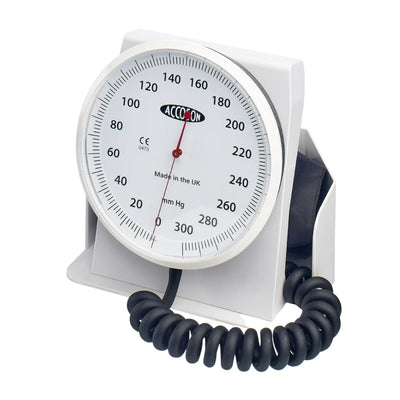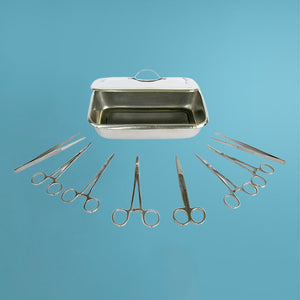With Covid-19, and its various strains, continuing to rage its way across the globe the medical community is beginning to recognise that there are some often serious, longer term effects of contracting the virus. While for many Covid-19 sufferers the infection and its symptoms will last for just a few days, it’s becoming clear that for others those symptoms can continue for many months afterwards, leaving them with some unexpected and undesirable long-term conditions.
Known as ‘long-COVID’, it has been estimated that 1 in 4 people who have contracted the virus will suffer from longer term, post-COVID complications and symptoms.
When does Covid become Long-Covid?
Recovery from Covid-19 is different for everybody but according to the NHS website, many people feel better in a few days or weeks with most people making a full recovery within 12 weeks. But, for some, those symptoms can last longer and if you’re still suffering symptoms after 3 months, it is likely you are experiencing ‘long-covid’.
The chances of having long-covid don’t appear to be related to how ill you are when you first contract coronavirus, so it is very possible to experience long-term problems after initially having had only very mild covid symptoms.
What are the symptoms of Long-covid?
There is no medical definition or definitive list of symptoms connected with Long-Covid but one of the most common symptoms being reported is crippling fatigue, with some patients being left exhausted after just a short walk or mild physical exertion.
Others symptoms include: breathlessness, a cough that won't go away, joint pain, muscle aches, hearing and eyesight problems, headaches, loss of smell and taste, unexplained rashes or sores as well as damage to the heart, lungs, kidneys and gut.
Other more serious symptoms, including organ malfunctions and depression, could plague sufferers for months after initial infection.
What treatment can I get?
If you are finding that you’re not recovering from the virus as quickly as you might expect (say 4 or 5 weeks after the initial virus), then you should contact your GP for more advice.
The NHS has a very useful "Your Covid Recovery Plan" with advice and suggestions for how to carry on with personal treatment and rest at home, or when to seek further assistance from your GP or even a hospital setting. It also provides links to help with your employment rights and how you might begin to return to work.
The recovery plan recommends following the rule of "three Ps" in order to slowly recoup energy after having the virus:
- Pace yourself so you don't push yourself too hard, and make sure you have plenty of rest
- Plan your days so your most tiring activities are spread out across the week
- Prioritise - think about what you need to do and what can be put off
Your GP may wish to see you for a blood test, chest X-Ray and possibly heart monitoring to find out more about your symptoms and to rule out any other causes.
The symptoms of long-covid could be having a big impact on your life and if they are severe enough to be preventing you from working or living a normal life you might be referred to a specialist rehabilitation service for longer term care and support.
Need more support? We're always here to help.
For all your Medical and Homecare supplies give us a call at Mediworld.
We have over 40 years experience in medical, surgical and home health supplies and we're always on hand to chat if you need support or advice. Follow us on Twitter and Facebook.


